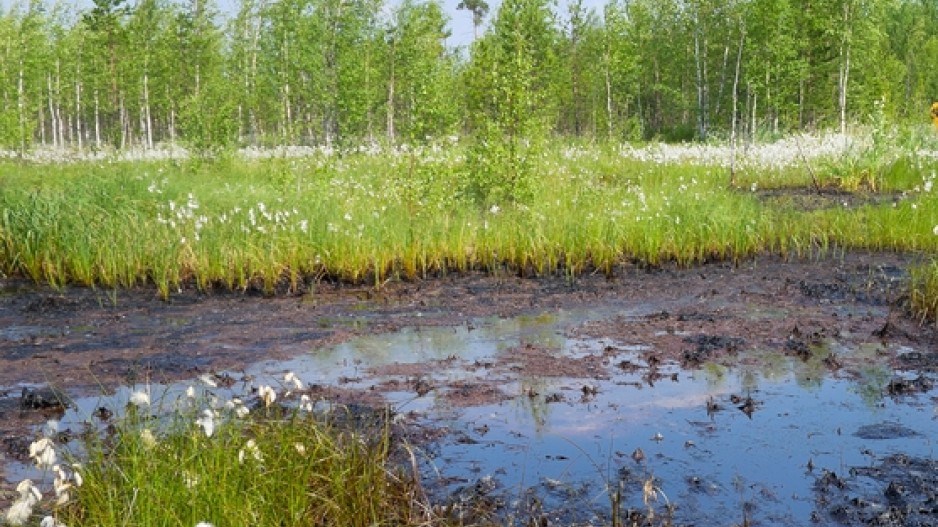The B.C. government plans to introduce new regulations around land-based oil spills from pipelines and rail that will include fines of up to $400,000, tighter oil spill response and restoration rules and indemnification of the B.C. government from legal action for any action it takes in oil spills.
The new regulations are being made through amendments to the Environmental Management Act. The proposed amendments must still be passed by the Legislative Assembly.
The new rules only apply to land-based spills, which would include lakes and rivers, so they do not address the biggest concerns over oil pipelines and tankers: a spill of bitumen at sea. Marine oil spill regulations are a federal matter.
Having “world-class” oil spill prevention and mitigation was one of the five conditions the B.C. government set when the Northern Gateway pipeline was proposed.
That project is now in doubt, thanks to the federal government’s plans to ban oil tankers from B.C.’s north coast.
But the Trans Mountain pipeline expansion is in the final stage of a federal National Energy Board review, with a final recommendation expected by May 20.
B.C. Environment Minister Mary Polak said the amendments were intended to help B.C. “catch up to other jurisdictions.”
“In the past our old regulatory scheme really only required or placed requirements on industries after a spill had occurred, so the biggest change here is the scope of this, where we're requiring them to have plans in place,” Polak said.
“We're requiring them to be prepared. We're also requiring them to have plans to prevent a spill from ever occurring.”
Polak said the new provincial rules alone will not meet B.C.’s requirement for a world-class oil spill prevention and response regime, and said the province still expects the federal government to tighten its own measures.
She said, “it's still the responsibility of the federal government to ensure a world-leading marine spills regime is in place which would satisfy Condition 2 of British Columbia's five conditions.”




